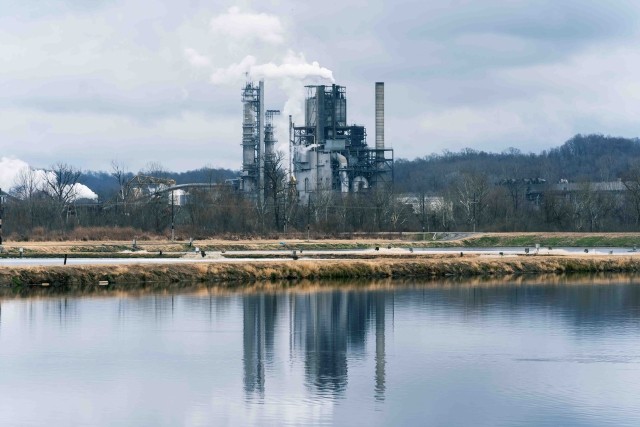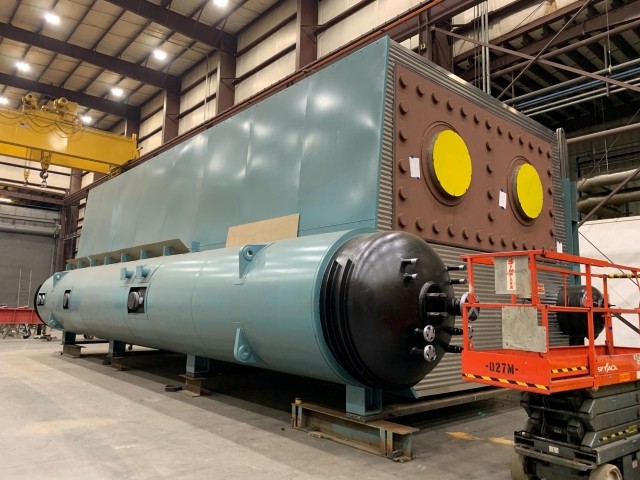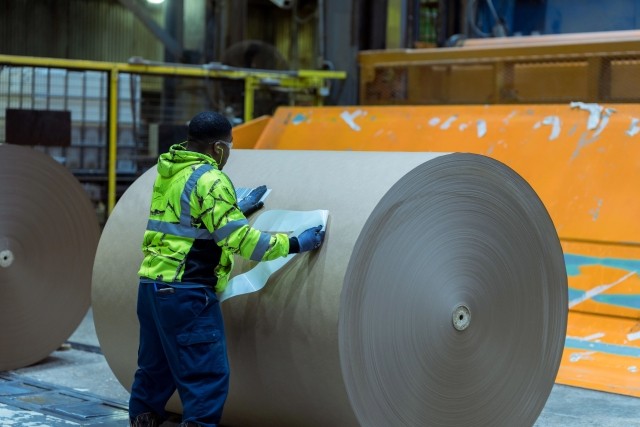How we measure success:
We are committed to sustainability across our value chain.
Climate change is impacting people and ecosystems globally. International Paper is committed to minimizing the impact that our manufacturing processes have on our planet by decreasing greenhouse gas emissions and water risk specific to the watersheds of our facilities.
Our Sustainable Operations approach addresses some of our most pressing environmental impacts and reflects our commitment to improving our footprint across our businesses, operations and value chain.
Strategic collaborations and initiatives
We recognize the importance of strategic collaboration to make meaningful progress across our value chain.
-
CDP
We report annually to customers, shareholders and the general public through CDP questionnaires on climate, forests and water, and we participate in the CDP supply chain program within our supply network.
-
Environmental Protection Agency (EPA) SmartWay®
This is a U.S. public-private initiative to reduce GHG and air pollution created by freight transportation.
-
S&P Global’s Climanomics
A scenario-modeling tool developed by a team of climate scientists, economists, data and financial specialists, help IP generate a climate risk scenario analysis report to better understand our specific climate risks and opportunities under a variety of climate scenarios.
-
Savannah River Clean Water Fund
The Savannah River Clean Water Fund is a coordinated effort to permanently protect and responsibly manage forests – nature’s water filter – in the Savannah River watershed. The first of its kind in Georgia and in South Carolina, the Fund convenes diverse stakeholders around the common goal of protecting forests for the many benefits they provide to local communities, economies and wildlife. The Fund comprises representatives from five public water utilities in Georgia and South Carolina, state environmental and forestry agencies, local land trusts, and others. International Paper represents the first company from the private sector to join the effort.
-
Science Based Targets Initiative (SBTi)
The Science Based Targets initiative (SBTi) helps companies establish science-based targets to reduce greenhouse gas (GHG) emissions and transform business operations to fit the future low-carbon economy. Targets adopted by companies to reduce GHG emissions are considered to be "science based" if they are in line with what the latest climate science says is necessary to limit global warming to well below 2°C above pre-industrial levels, and pursue efforts to limit warming to 1.5°C. International Paper’s 35% greenhouse gas (GHG) emissions reduction target across scopes 1, 2 and 3 has been approved by SBTi as consistent with levels required to meet the goals of the Paris Agreement.
-
U.S. Department of Energy's Better Climate Challenge
The U.S. Department of Energy (DOE) is challenging organizations to set ambitious, portfolio-wide GHG emission reduction goals. As a partner in DOE’s Better Climate Challenge, International Paper is one of more than 80 organizations across the U.S. economy that are stepping up to the Challenge and driving real-world action toward a low-carbon future. International Paper is committed to reduce GHG emissions by 35% by 2030, aligned with the best available climate science, and to work with DOE to share successful solutions and decarbonization strategies.
-
World Resources Institute (WRI) Aqueduct Alliance
The Aqueduct Alliance brings together leading companies, governments and foundations to gain strategic guidance and industry insight from WRI's Aqueduct Water Risk Atlas team and water stewardship activities. The Alliance serves as a space for members to engage WRI and to stay at the forefront of thought leadership in water stewardship.


